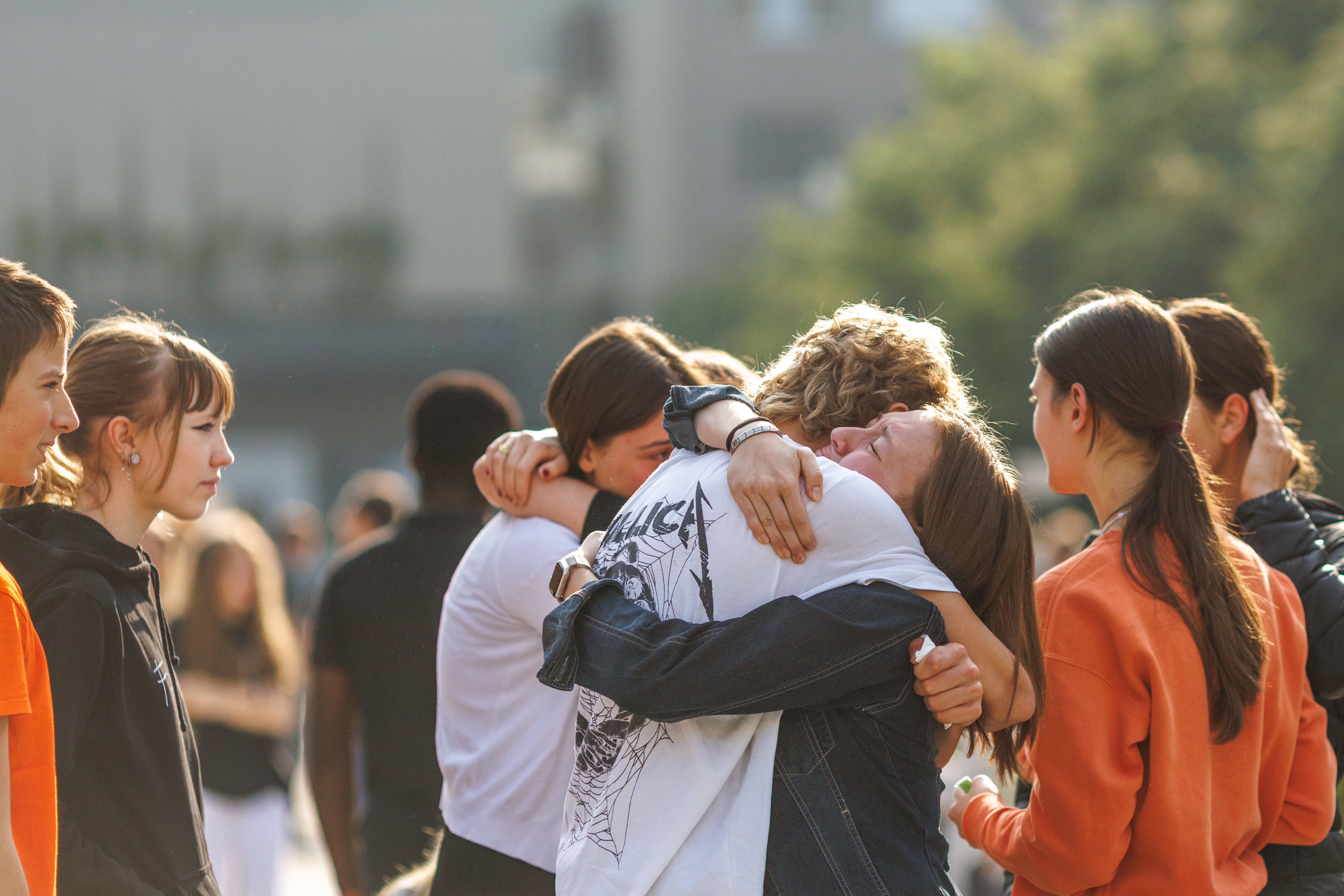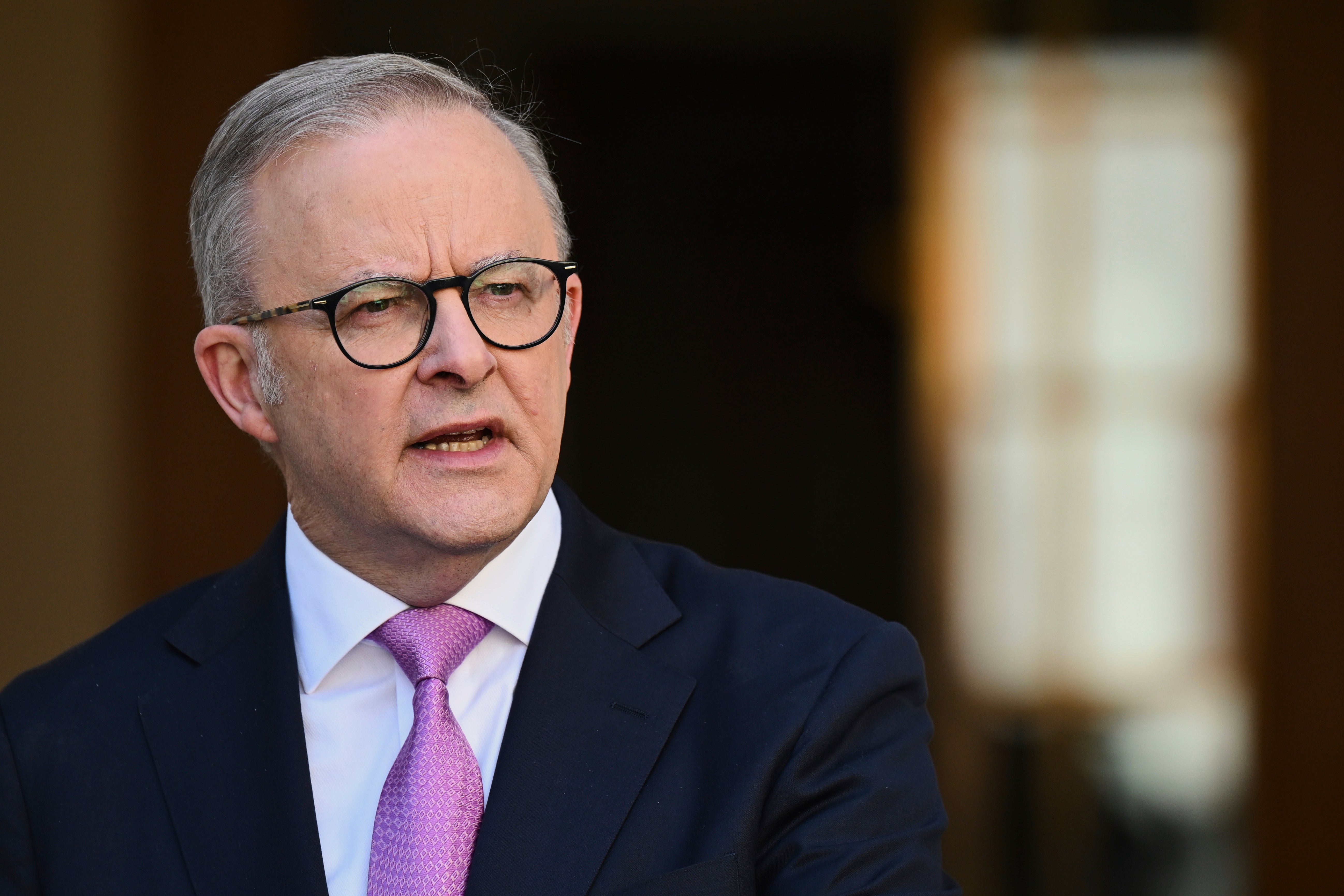French President Emmanuel Macron has announced plans to advocate for EU-wide regulation to ban social media access for children under 15.
The move follows a recent fatal stabbing at a school in eastern France, which has intensified concerns about youth safety and violence.
In an interview on Tuesday, Mr Macron expressed his urgency to address the issue, stating his aim to implement the ban within the next few months.
"If that does not work, we will start to do it in France. We cannot wait," he told France 2, hours after a 14-year-old student was questioned by police over the fatal knifing of a 31-year-old school aide.
The incident occurred during a bag search for weapons at a middle school in Nogent, Haute-Marne.
Prime Minister Francois Bayrou told parliament the incident was not an isolated case. Mr Macron said social media was one of the factors to blame for violence among young people.

Writing on social media platform X after the interview, Mr Macron said such regulation was backed by experts. "Platforms have the ability to verify age. Do it," he wrote.
Mr Macron's comments come amid a wave of measures in countries around the world aimed at curbing social media use among children.
Australia in 2024 approved a social media ban for under-16s after an emotive public debate, setting a benchmark for jurisdictions around the world.
Prime Minister Anthony Albanese said there was a “clear, causal link between the rise of social media and the harm [to] the mental health of young Australians.”

In May, Greece launched “Kids Wallet”, a state-developed smartphone app that allows parents to monitor their children’s screen time.
In Germany, teens aged 13-16 need their parents’ permission to use social media, while under-14s in Italy must also seek parental consent.
New Zealand’s Prime Minister Christopher Luxon has also proposed a social media ban for under-16s, saying the law would force social media companies to verify users’ ages or face fines up to NZ$2m (£901,984).
"It's time that New Zealand acknowledged that, for all the good things that come from social media, it's not always a safe place for our young people to be," Mr Luxon told reporters.
“This is about protecting our children. It’s about making sure social media companies are playing their role in keeping our kids safe.”
Migrants cross English Channel ahead of spending review announcement
Government urged to ban ‘no ball games’ signs to beat childhood smartphone addiction
The world's oldest restaurant faces a challenge from another Madrid tavern that says its even older
Ukraine war latest: US to cut military aid to Kyiv
‘Dark day’ as 10 killed in Austria school shooting
Everything we know about the Austrian school shooting that left nine dead







